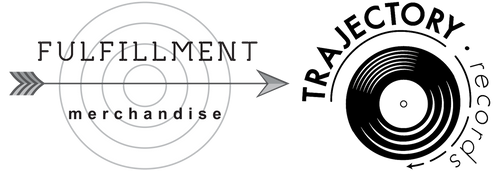Chet Baker
Chet Baker was a primary exponent of the West Coast school of cool jazz in the early and mid-'50s. As a trumpeter, he had a generally restrained, intimate playing style and he attracted attention beyond jazz for his photogenic looks and singing. But his career was marred by drug addiction.
Baker's father, Chesney Henry Baker,Sr., was a guitarist who was forced to turn to other work during the Depression; his mother, Vera (Moser) Baker, worked in a perfumery. The family moved from Oklahoma to Glendale, CA, in 1940. As a child, Baker sang at amateur competitions and in a church choir. Before his adolescence, his father brought home a trombone for him, then replaced it with a trumpet when the larger instrument proved too much for him. He had his first formal training in music in junior high and later at Glendale High School, but would play largely by ear for the rest of his life. In 1946, when he was only 16 years old, he dropped out of high school and his parents signed papers allowing him to enlist in the army; he was sent to Berlin, Germany, where he played in the 298th Army Band. After his discharge in 1948, he enrolled at El Camino College in Los Angeles, where he studied theory and harmony while playing in jazz clubs, but he quit college in the middle of his second year. He re-enlisted in the army in 1950 and became a member of the Sixth Army Band at the Presidio in San Francisco. But he also began sitting in at clubs in the city and he finally obtained a second discharge to become a professional jazz musician.
Baker initially played in Vido Musso's band, then with Stan Getz. (The first recording featuring Baker is a performance of "Out of Nowhere" that comes from a tape of a jam session made on March 24, 1952, and was released on the Fresh Sound Records LP Live at the Trade Winds.) His break came quickly, when, in the spring of 1952, he was chosen at an audition to play a series of West Coast dates with Charlie Parker, making his debut with the famed saxophonist at the Tiffany Club in Los Angeles on May 29, 1952. That summer, he began playing in the Gerry Mulligan Quartet, a group featuring only baritone sax, trumpet, bass, and drums -- no piano -- that attracted attention during an engagement at the Haig nightclub and through recordings on the newly formed Pacific Jazz Records (later known as World Pacific Records), beginning with the 10" LP Gerry Mulligan Quartet, which featured Baker's famous rendition of "My Funny Valentine." - AllMusic








